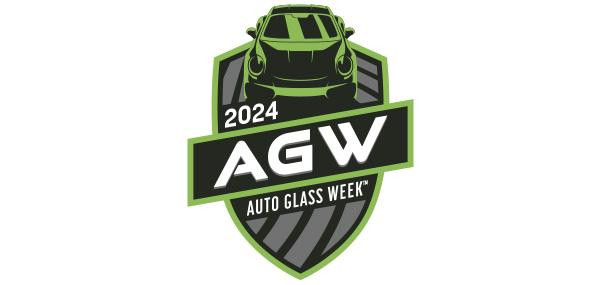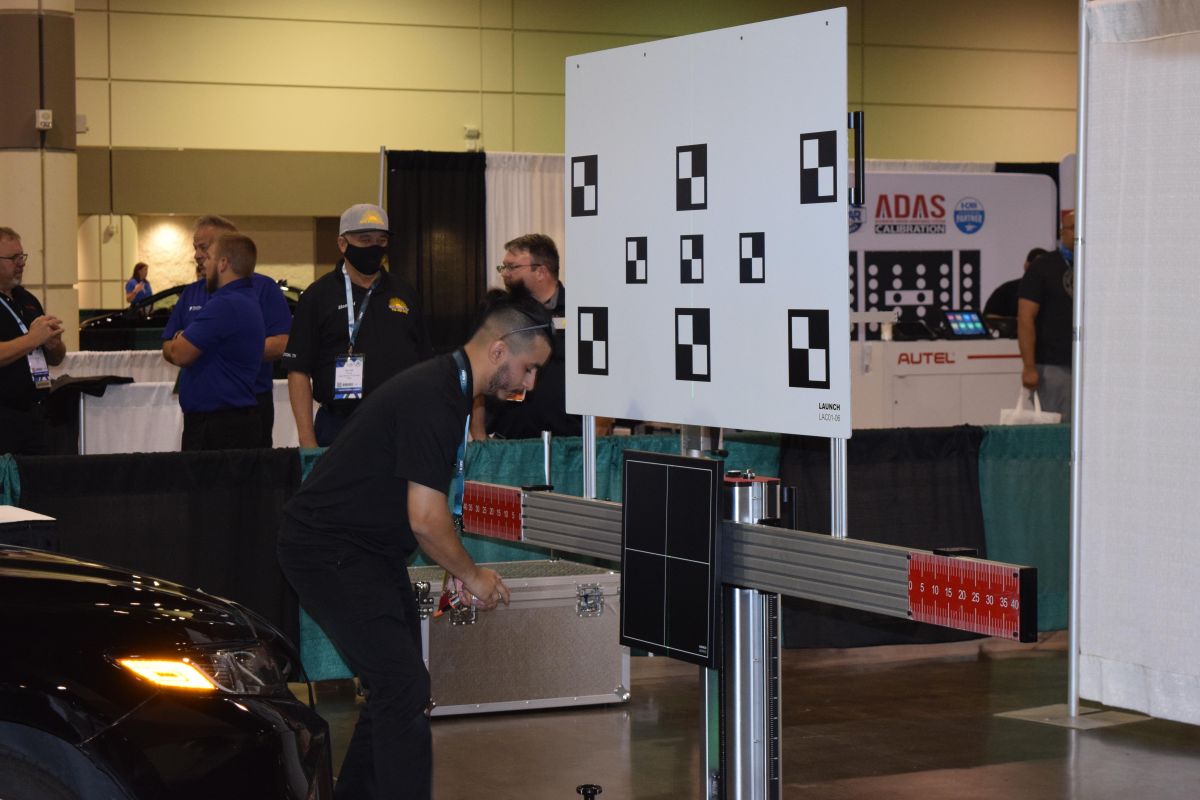More sophisticated vehicle design means more technology and training when it comes to collision repair. One facet of that added tech comes in the form of glass calibration, the process of adjusting and testing Advanced Driver Assistance Systems (ADAS) after glass replacement; without calibration, it’s likely a vehicle’s cameras and sensors won’t work properly.
Collision shops are increasingly getting into the calibration game, and the auto glass industry is taking note: The topic will be front and center at the upcoming Auto Glass Week, Sept. 19-21 at the Orange County Convention Center in Orlando, FL.
An Emphasis on Calibration
Debra Levy, chairperson of the Auto Glass Safety Council, spoke to Autobody News about the upcoming event, which she also chairs. She said the glass industry is focused on providing education through events like Auto Glass Week to help businesses “future proof.”

“Your business is to anticipate and be ready for everything that's coming down the pike,” she said. “So, there's a lot of emphasis on calibration. There's also a lot of emphasis on cross pollination for collision repair and mechanical shops that want to get into glass or glass companies that want to expand to collision repair."
That emphasis comes as an increasing number of cars require calibration. According to the Highway Loss Data Institute, as many as 95% of vehicles registered in 20 years will include most ADAS features. The AGSC creates the standards for aftermarket replacement of auto glass, she said, but not all replacement companies are on board with those standards, and there are still businesses handing cars back to customers without recalibrated cameras.
“There are still a lot of myths out there,” Levy said. “‘Well, if I don't touch the camera, I don't have to recalibrate, or if I put a piece of paper over it (I don’t have to recalibrate).’ And none of that is true. You're just putting your vehicle owner or driver at risk by not doing so. So, we have a lot of courses at Auto Glass Week -- a full-day session on all things calibration.”
Education at AGW
The educational aspect of AGW ties into Levy’s overall idea about know-how for shops getting into calibration: it’s important to get training on how to do it the right way. A good way to make sure those points are being met is to be an AGSC member, she said, noting those members are picking up work from other industry members.
“It’s been really gratifying to see that a lot of AGSC members have added calibration services to their mix over the last few years, and they end up doing a lot of the calibrations for the local car dealerships, tire shops, etc.,” she said.
Those in search of education will have other opportunities over the course of the event. Auto Glass Week is co-located with the International Window Film Conference and Tint-off, Levy pointed out, which will occupy another area of the convention center, allowing those working in glass installation to gain additional insights.
And in addition to education, event attendees can expect the chance to win money and costly equipment that can help them get further into calibration. There are five-figure competition prizes for best auto glass installer, best repairer and best recalibrator, Levy said, along with hefty door prizes, including a new Autel system worth $20,000 and equipment from Launch Tech USA and FrogItOut.
A Changing Environment
As calibration becomes more necessary, it’s important for shops looking to get into it to consider startup costs and a changing environment. Calibration can mean a significant capital investment for shops with startup costs ranging between $8,000 and $40,000, Levy said. But possibly a bigger obstacle to becoming a service provider is having functional facilities, which is a shift from the mobile nature of much of the glass repair business until recently.
“You've got an industry that's done a lot of mobile work. Now, you need a controlled interior environment within a totally level, flat surface (with) specific types of lighting,” Levy said. “There are a lot of physical changes that occur.”
As tech and requirements evolve, so do installers’ attitudes as they navigate the realities of evolving, Levy said.
“It's sort of like any technology, right? You had the early adopters, and they've been doing it now for five or six years,” she said. “And now, where I think we're hitting kind of the point where people realize, ‘Hey, if I'm really going to stay in this business -- because every year more and more cars have this type of equipment -- I'm gonna have to get into this or find a viable alternative.”
Businesses with futureproofing in mind can take steps toward that idea at the event, which will include competitions for windshield repair and auto glass calibration alongside educational seminars for marketing, industry updates and the relationship between the glass and collision industries. Attendees will also find demonstrations on processes like cutting out of windshields, along with opportunities like happy hour networking and an exhibition floor.
See the event website for a full schedule and to register.
Autobody News readers may access the AGW floor for free using complimentary passcode PAGS24G from the AGSC.














Elizabeth Green